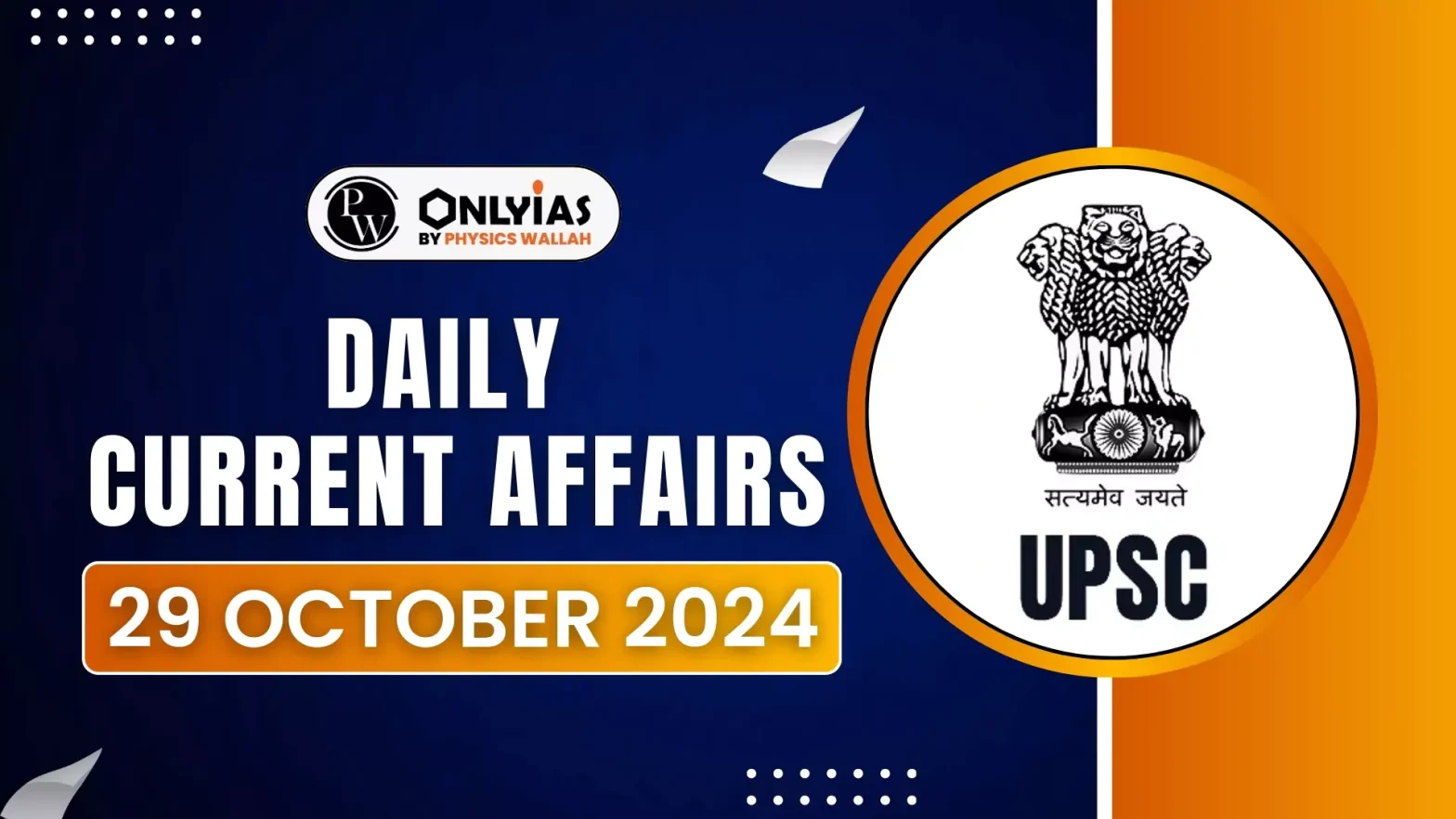Former Karnataka High Court judge K.S. Puttaswamy, the lead petitioner in the right to privacy case challenging Aadhar, died recently.
What is the Right of Privacy?
- The right of privacy protects the inner sphere of the individual from interference from both State, and non-State actors and allows the individuals to make autonomous life choices.
- Privacy has both positive and negative content.
- The negative content restrains the state from committing an intrusion upon the life and personal liberty of a citizen.
- Its positive content imposes an obligation on the state to take all necessary measures to protect the privacy of the individual
- Like other rights which form part of the fundamental freedoms protected by Part III, including the right to life and personal liberty under Article 21, privacy is not an absolute right.
|
Justice Puttaswamy’s Challenge: Aadhaar and the Right of Privacy
In 2012, Puttaswamy petitioned with the Supreme Court questioning the constitutional validity of Aadhaar.
- Puttaswamy questioned the government policy to make Aadhaar card mandatory for every individual and its plans to link the identity card with various government schemes.
- Puttaswamy argued that Aadhaar violated the fundamental rights of equality and privacy granted to every individual under the Constitution.
Enroll now for UPSC Online Course
2017 Supreme Court Judgment on Right of Privacy
The Supreme Court observed that privacy is integral to an individual’s dignity, enabling autonomy of both body and mind.
- This autonomy supports the individual’s ability to make decisions on vital personal matters.
- The court held that any restriction on privacy by the state must meet three criteria:
- Legislative Mandate: The restriction must have a legislative foundation.
- Legitimate State Purpose: The restriction must serve a legitimate purpose.
- Proportionality: The nature and extent of the restriction must be necessary in a democratic society and should be the least intrusive option available to achieve the intended outcome.
Right to Privacy in other countries
- US’s 1974 Privacy Act: Protects citizens from arbitrary use of personal records by federal agencies.
- General Data Protection Regulation (GDPR): An international privacy law from the European Union that applies to organizations that process or store the information of EU residents
- California Consumer Privacy Act (CCPA): A state law in the United States that applies to data privacy
- China’s Personal Information Protection Law (PIPL): A law that applies to organizations that process and analyze personal information of Chinese citizens
- Swiss Revised Federal Act on Data Protection (FADP): A law that expands the definition of sensitive personal data to include biometric and genetic data
- Canadian Human Rights Act (1977): Introduced privacy laws primarily for data protection.
|
Supreme Court Upholds Aadhaar’s Constitutional Validity
- One major concern was whether Aadhaar would lead to a surveillance state.
- However, the Supreme Court ruled that Aadhaar does not retain transactional data.
- During enrolment, only minimal biometric data—such as iris scans and fingerprints—are collected by UIDAI.
- The purpose, location, or details of transactions are not recorded, and the information remains in isolated silos.
- Authenticating agencies, such as banks and tax authorities, only receive a “Yes” or “No” response regarding a person’s authentication status.
- The court found that Aadhaar, in its current form, satisfied the tests established by the privacy judgement, deeming the invasion of privacy reasonable.
Aadhaar Act as a Money Bill
- The Supreme Court upheld the Lok Sabha Speaker’s decision to recognize the Aadhaar Act as a Money Bill.
- The court reasoned that the primary objective of the Act is to provide financial benefits—such as aid, grants, and subsidies—to marginalized sections of society from the Consolidated Fund of India.
Check Out UPSC CSE Books From PW Store
Aadhaar and the Doctrine of Proportionality
- The Supreme Court also upheld the use of Aadhaar for accessing government services, applying the Doctrine of Proportionality, which dictates that state interference with an individual’s rights must be proportionate to the goal it aims to achieve.
- However, the court also stipulated that the government cannot expand the scope of “benefits” without restriction.
- These benefits refer to welfare schemes specifically funded by the Consolidated Fund of India.
![]() 29 Oct 2024
29 Oct 2024
